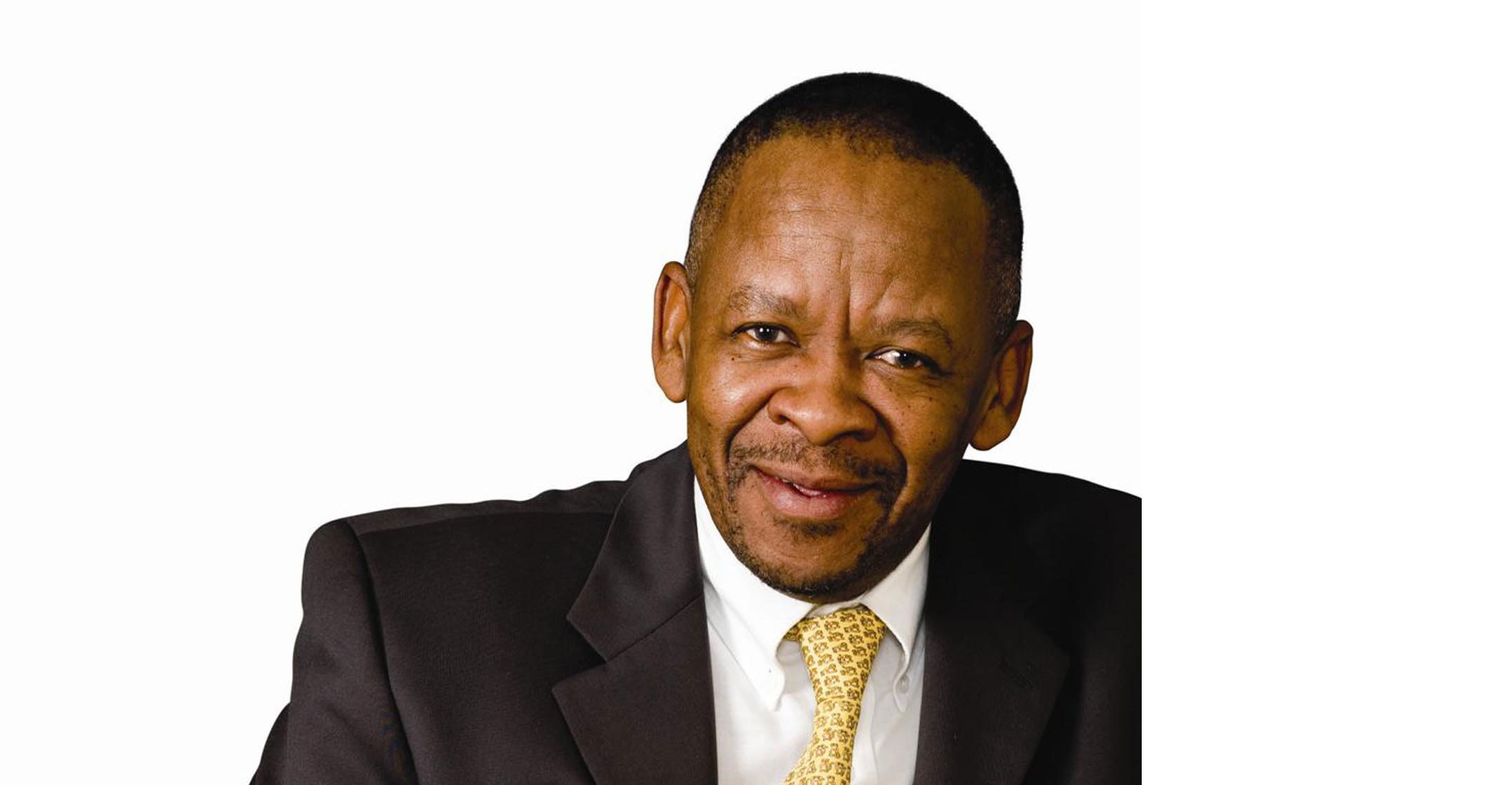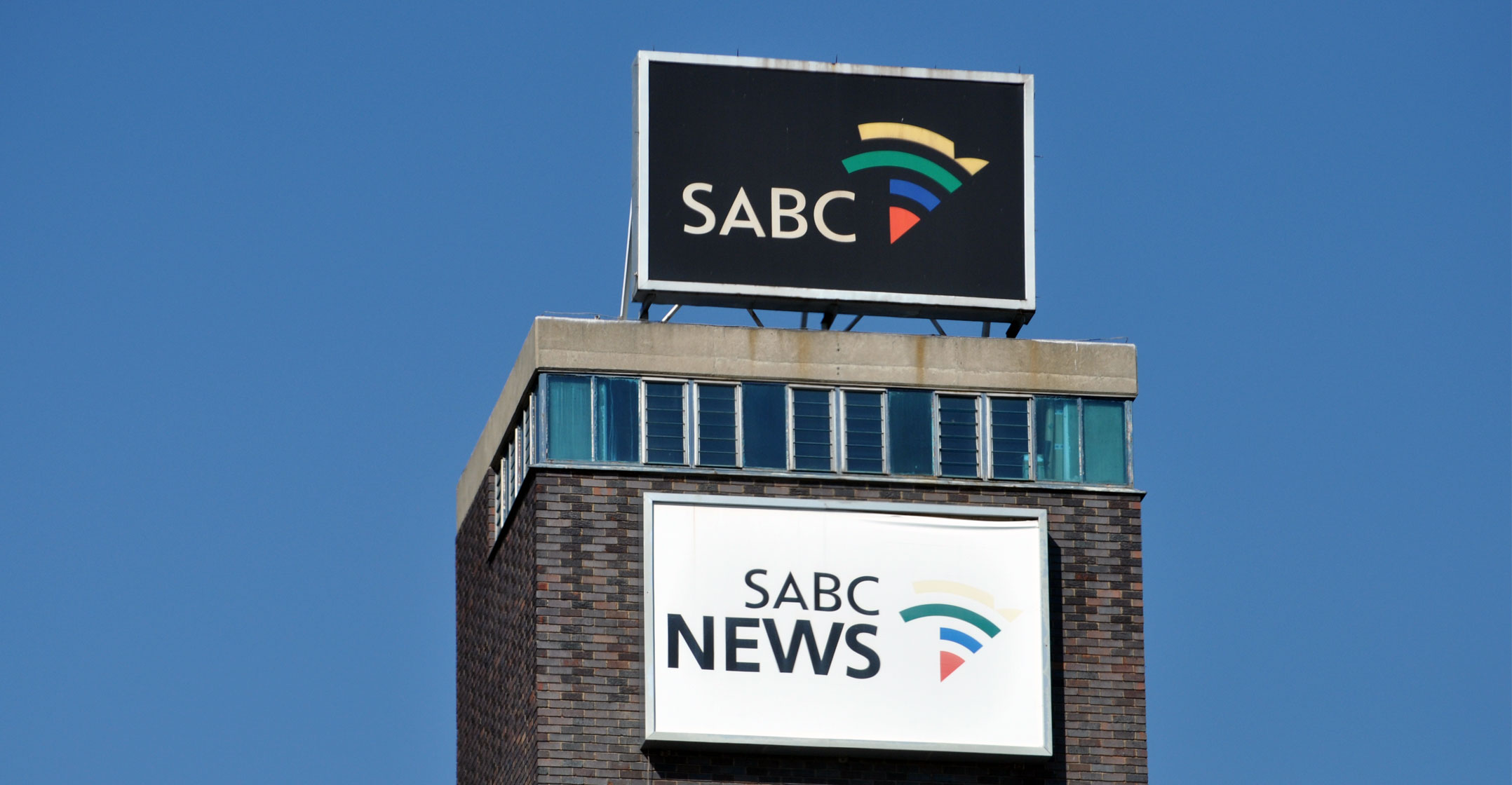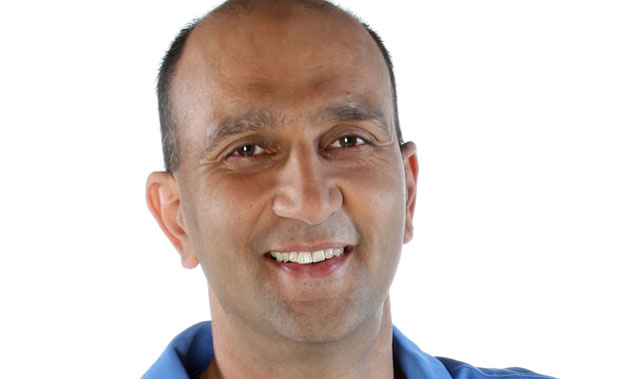
Has a top MultiChoice executive been caught in a lie over the controversial channel supply agreement the company signed in 2013 with the SABC?
Nolo Letele, MultiChoice’s executive chairman, told TechCentral in an interview in April 2015 that the SABC deal was not contingent on the public broadcaster agreeing not to carry its free-to-air channels on broadcasting platforms that use encryption. (The pay-television broadcaster was under intense scrutiny at the time over the deal.)
But minutes of a 6 June 2013 meeting (PDF document) with the SABC in Auckland Park, at which Letele and the company’s then-CEO, Imtiaz Patel, were present, show that the pay-television provider told the public broadcaster that the deal could not go ahead without the contentious clause on non-encryption.
Letele, who is also a director of MultiChoice parent Naspers, said in the meeting that the clause was a “condition precedent”, meaning it was a requirement of the five-year deal, which was worth more than R550m to the SABC.
Yet, in TechCentral’s interview with Letele in 2015, he insisted that the non-encryption clause was “always” at the SABC’s “discretion” and “would not have scuppered the deal”. The minutes of the meeting between the SABC and MultiChoice suggest that this is not true.
Letele was in meetings on Wednesday afternoon and couldn’t speak to TechCentral directly about the contradiction, but in e-mailed remarks directed through MultiChoice spokesman Jackie Rakitla, Letele strongly denied that he lied in the 2015 interview.
“The fact that the encryption clause was referred to as being a ‘deal breaker’ does not negate that,” Letele said, through Rakitla. “This was part of a sales pitch and negotiating tactic, as is usual in negotiations.”
SABC inquiry
He said it was “always our intention to do a deal with the SABC, as the public broadcaster, and we would have done so, irrespective of what the response was to our request for that specific clause to be inserted”.
The minutes of the meeting were published by Democratic Alliance MP Phumzile Van Damme on Wednesday. They form part of hundreds of documents provided by the SABC in December 2016 to parliament’s ad hoc committee investigating the governance lapses at the SABC. Van Damme, who is the party’s spokeswoman on communications, claimed they show that MultiChoice “sought to pay the SABC” for the supply of channels in return for the public broadcaster’s “political influence over digital migration”.
“They support allegations in media reports last week that MultiChoice paid Gupta-owned ANN7 millions in exchange for similar influence over government’s position on set-top boxes.” MultiChoice has rubbished those allegations.

Former SABC executives who attended the 2013 meeting included Hlaudi Motsoeneng, Ellen Tshabalala, Lulama Makhobo and Jimi Matthews.
The meeting came in the middle of an ugly confrontation between MultiChoice and e.tv over whether South Africa should use encryption and “conditional access” (a mechanism for controlling set-top box access) in its migration from analogue to digital terrestrial broadcasting.
MultiChoice has long argued that encryption in government-subsidised set-top boxes would give prospective pay-TV competitors an unfair advantage. It also said that encryption was not in the interests of consumers or the country. E.tv said it needed encryption to allow it to source quality content and that free-to-air television risked becoming “ghettoised” without it.
The minutes show that former SABC board member Vusi Mavuso argued that the non-encryption clause MultiChoice wanted included in the channel-supply agreement be removed until there was clarity from government on the issue. Makhobo put forward a similar argument. But Letele suggested that the clause be made a “condition precedent”. Patel then interjected: “But I think you may be missing each other because, by condition precedent, you are suggesting that if conditional access is in there, the agreement falls flat.” The minutes show that Letele responded to his colleague with one word: “Correct.”
Patel went on to say that MultiChoice would not normally pay for a news channel – even though it had an agreement with e.tv sister broadcaster eNCA to do just that, and would later go on to pay for the Gupta-owned ANN7.
“We would not normally pay for a news channel. Okay. We don’t,” Patel said in the meeting, according to the minutes. “There’s a unique relationship with e.tv that everybody espouses, etc. It’s got unique conditions. They’re supposed to supply us with many more channels and it’s quite tricky at this point in time. But, besides that, we don’t pay for any other news channel, anyway, okay.
‘Something in return’
“…We need to justify to our board to say why would we pay you R100m/year, which is a lot of money. Okay. It’s after-tax money. To make R100m net you have to make R150m or R200m, R300m in turnover. We are looking for the excuse and the excuse for us is to be able to justify to our board that you are giving us something in return. What are you giving us in return for the R100m? We’re saying you (are) giving us a news channel, you’re giving us a general entertainment channel from your archives, your old (content), you know. We are less focused on the core elements of it being new content. And we’ve been sort of quite open about it with Lulama, saying even if it’s old stock… And thirdly, we are saying we also need to justify this problem of conditional access (unencrypted set-top boxes)… And in order to justify that, we’re saying in addition to that, your additional channels will be available on our platform.”
Patel also said: “So, in addition to the R100m in cash, you will be getting a lot of advertising revenue, probably the equivalent, even more, I don’t know, I don’t know the details, I don’t know to what extent, you know, given that kind of base, how much you can monetise it. In return, we can justify to our board that we are paying this extraordinary sum of money, but we are getting something for it. That was the simple logic that we applied in our own minds.

“So, I’m giving you a sense and therefore I’m hoping that if we can co-create a solution, we are also happy to co-create a solution. We are not coming here saying this is, you know, this is the be all and end all, you know. But I must say though, Lulama, that this is the very important point for us. It’s a deal-breaker point, I’ll be honest. And I have reiterated it. I have said this to you before”.
The final channel distribution agreement signed between the parties, which TechCentral has in its possession, shows that the SABC acceded to the non-encryption clause. MultiChoice agreed to pay the SABC R100m/year excluding VAT, with the contract value escalating by 5% annually. Clause 2.1.5 of the agreement, which was signed on 3 July 2013, less than a month after the meeting between MultiChoice and the SABC, states in part: “The SABC agrees that the SABC FTA (free-to-air) channels will not at any time be encrypted, or allow any conditional access system to be applied in respect of the channel signals for the SABC FTA channels transmitted on the SABC DTT (digital terrestrial television) platform in South Africa so that viewers are able to view the SABC FTA channels without requiring anything other than the installation of an M-Net DTT set-top box.”
The DA’s Van Damme on Wednesday accused MultiChoice of paying “kickbacks” to “not only solidify its dominance in the pay-TV sector but also secure influence over government policy”.
“It speaks to a company willing to stop at nothing, including paying kickbacks to the Gupta family, thus supporting state capture, in order to get its way. It is an undisputed fact that two years after this meeting, and the payments to ANN7, digital migration policy was changed to MultiChoice’s favour,” she said.
The DA has written to communications regulator Icasa asking it to investigate. “The DA had hoped that following the media reports about ANN7 last week, MultiChoice would take the opportunity to play open cards by revealing all. It refused to do so. It is now left to Icasa to reveal the truth,” Van Damme said. “We hope that Icasa will finally flex its muscles and take a clear stand against what appears to be seriously unethical conduct by a company it regulates.”
In response, MultiChoice on Wednesday afternoon issued a terse statement: “This was not a clandestine meeting.” Van Damme has suggested it was.
“No kickbacks were paid,” the company said. “This was part of a negotiation meeting with the SABC. The final decision on this proposal lay with the SABC board.” — © 2017 NewsCentral Media




